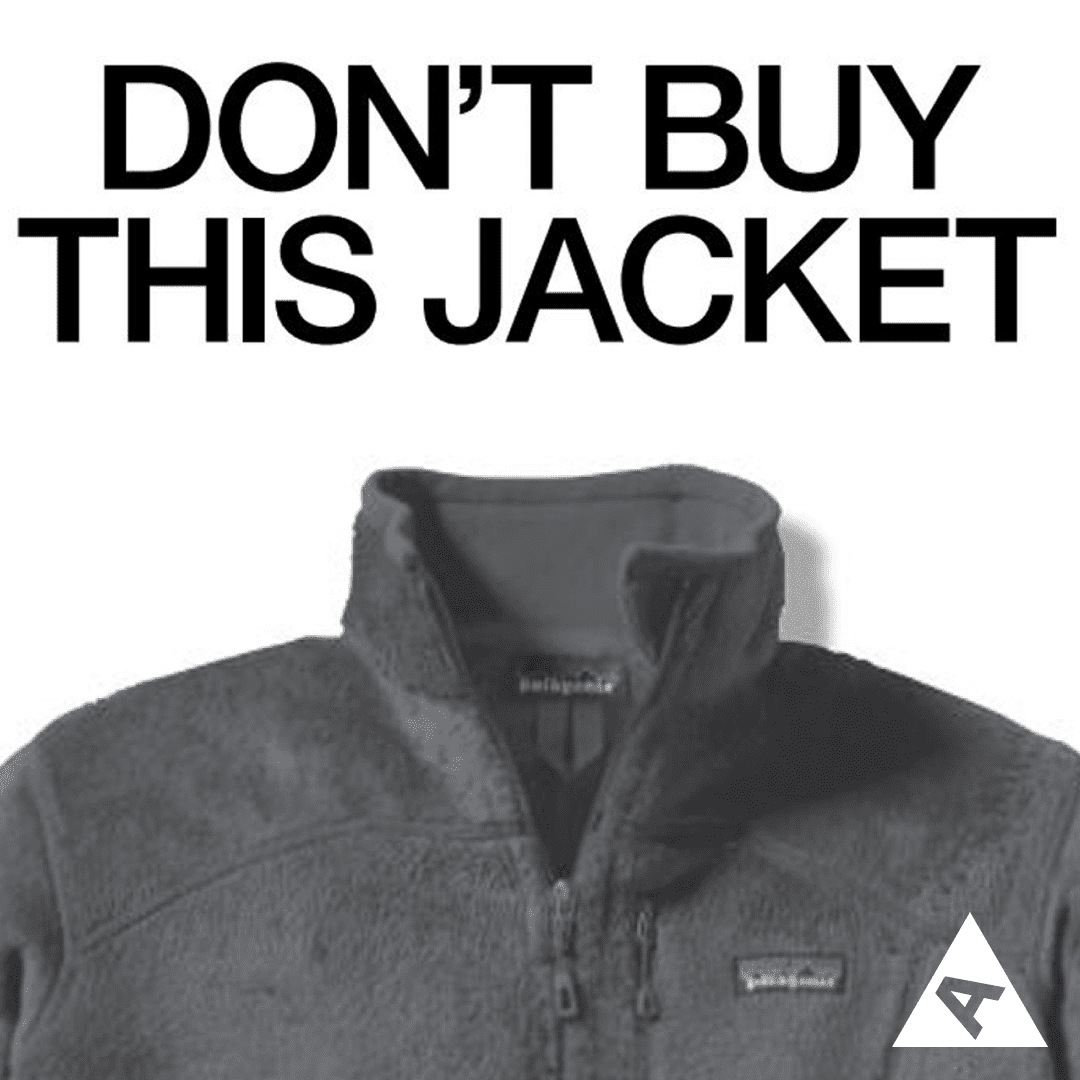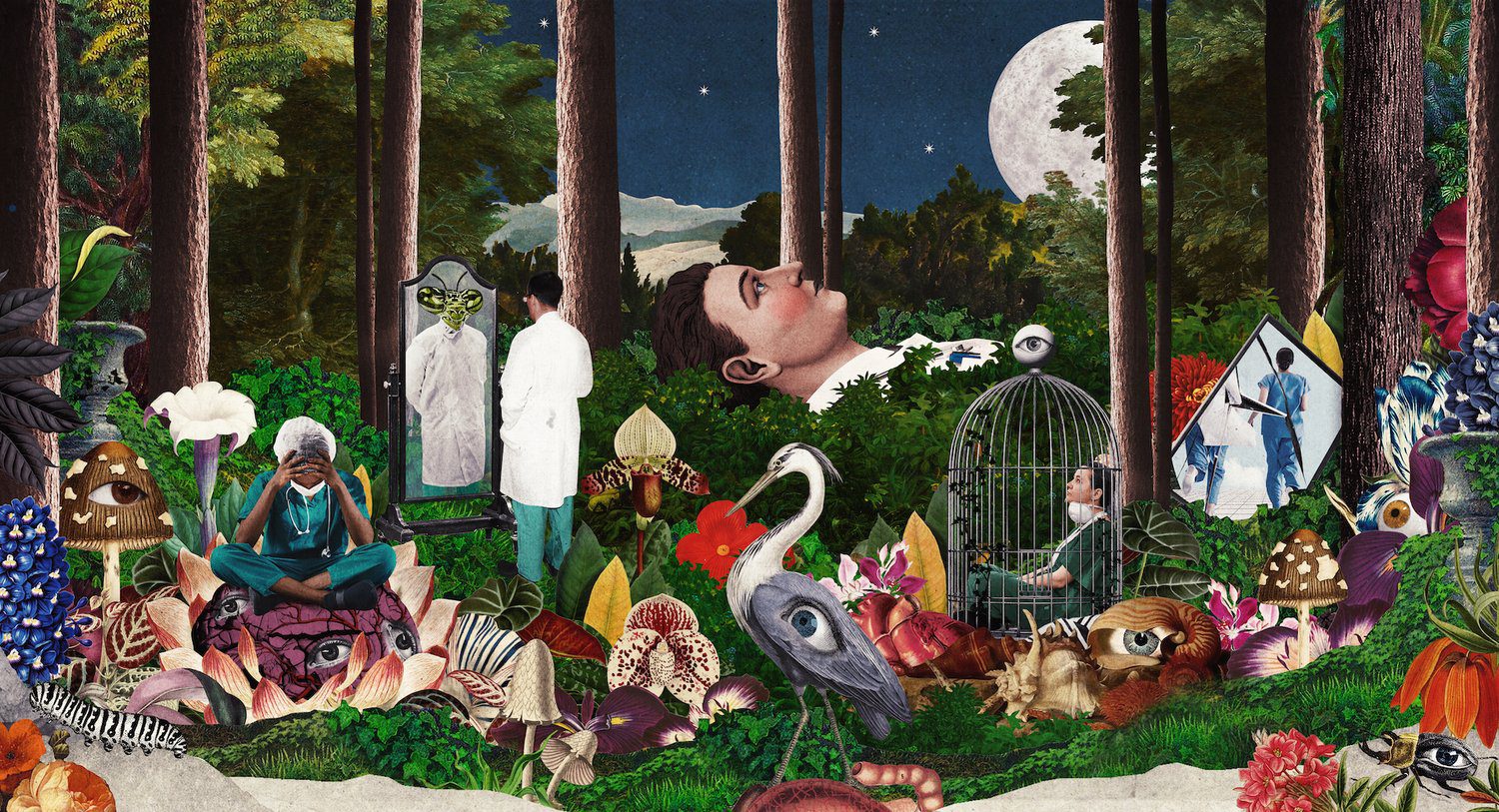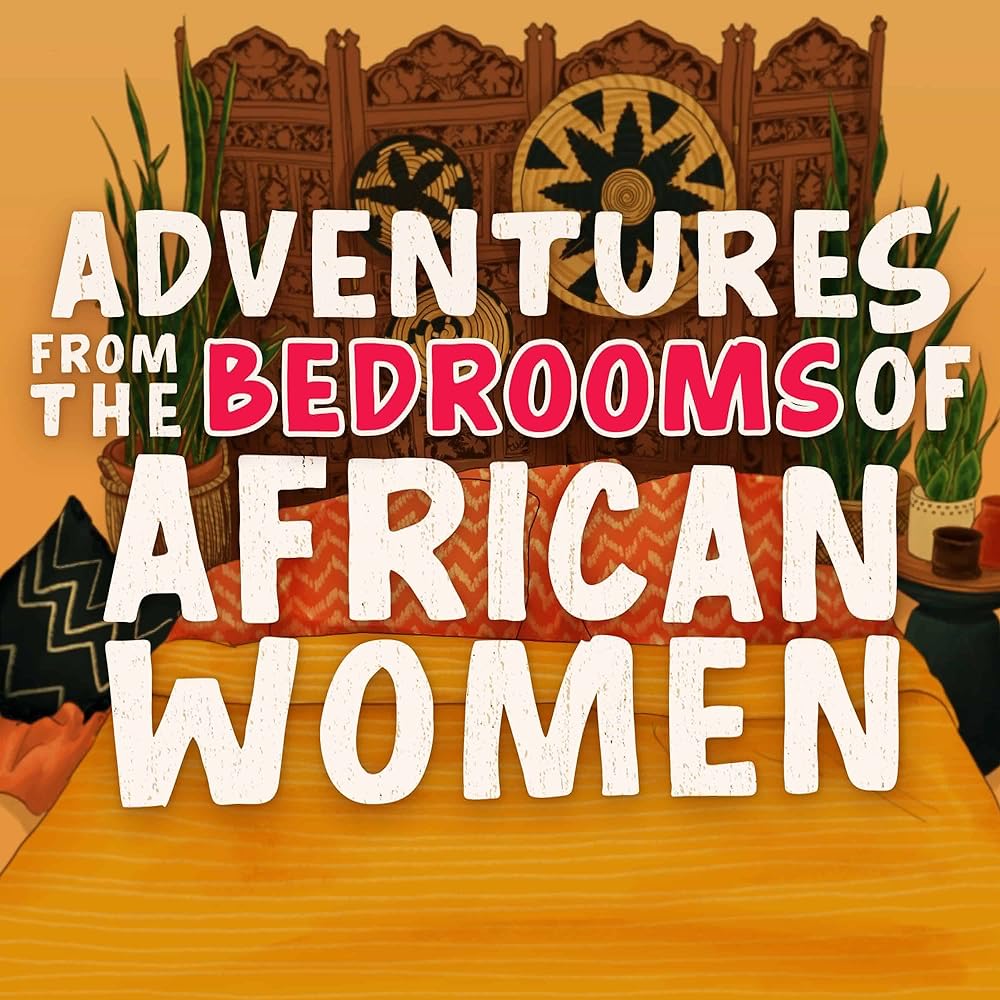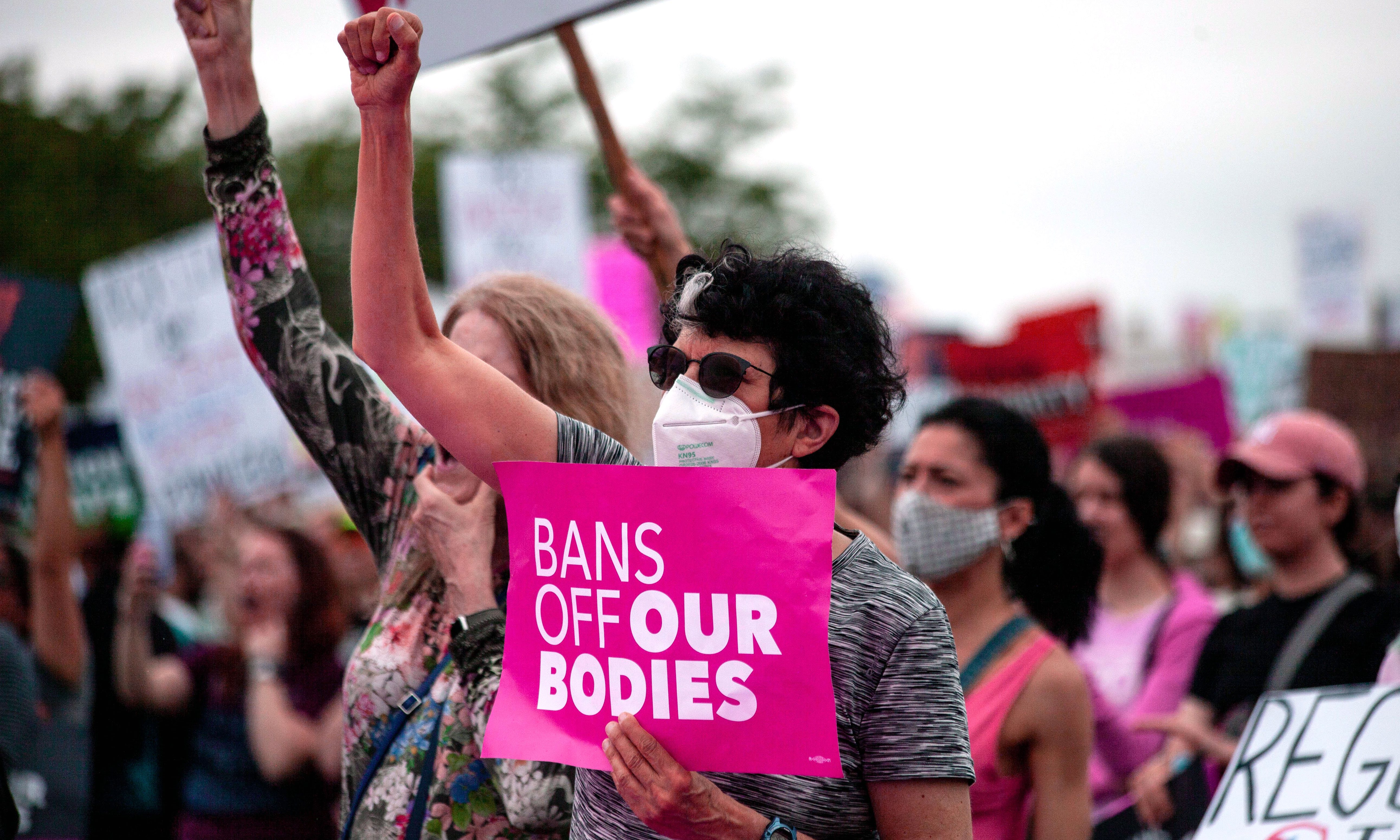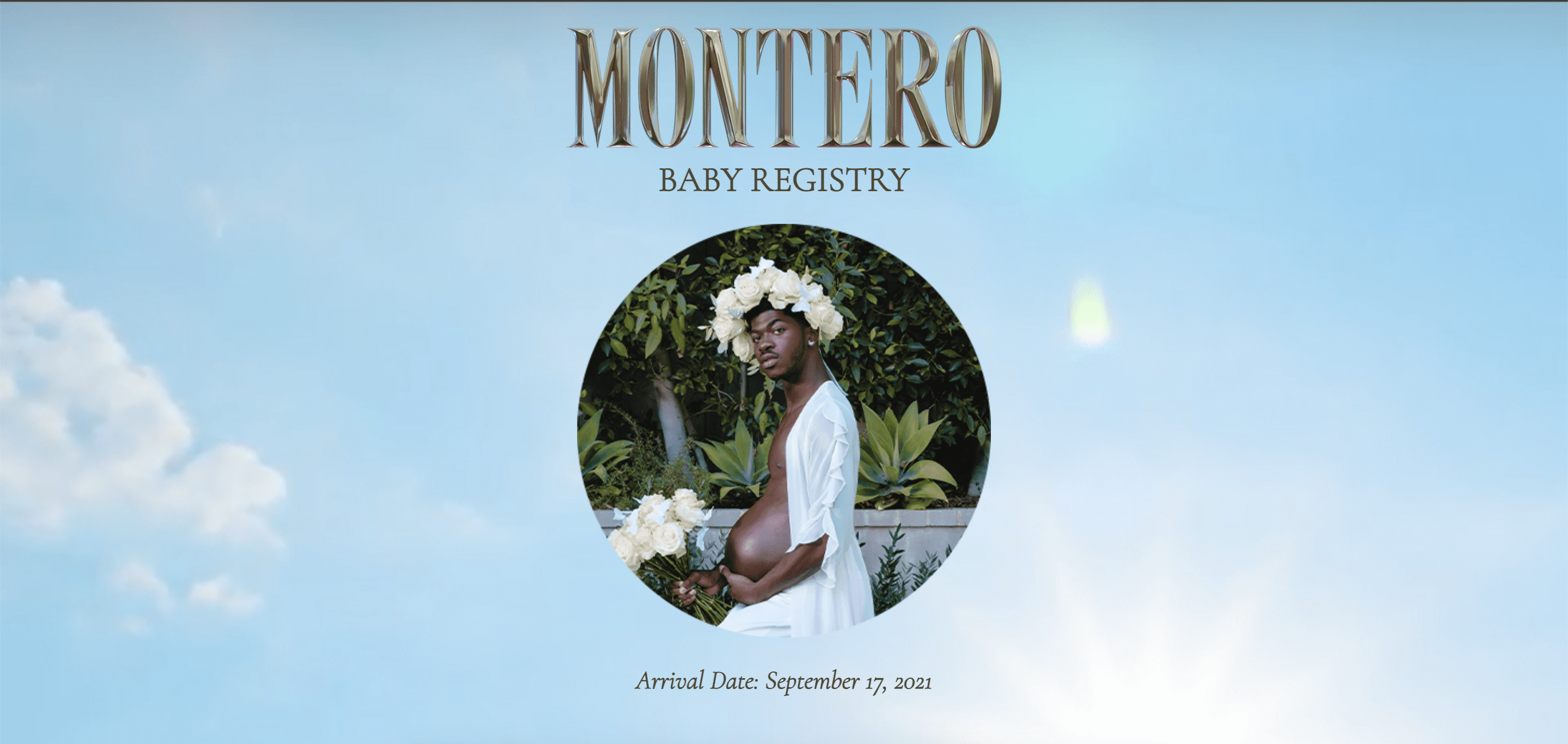Zealous helps share real stories of solitary confinement through “Silenced.”
As of 2021, the state of Michigan is home to 21 prisons. Within these facilities are more than 3,000 people being held in solitary confinement — the most dehumanizing practice in the carceral system. For 20 to 24 hours a day, incarcerated individuals are locked in a room the size of a parking lot, subject to psychological and physical torture. Zealous, a national initiative that uses art, media, messaging and technology to impact criminal justice media and policy, sought to support the campaign to end solitary confinement in Michigan by helping share stories and art from those who have experienced it firsthand.
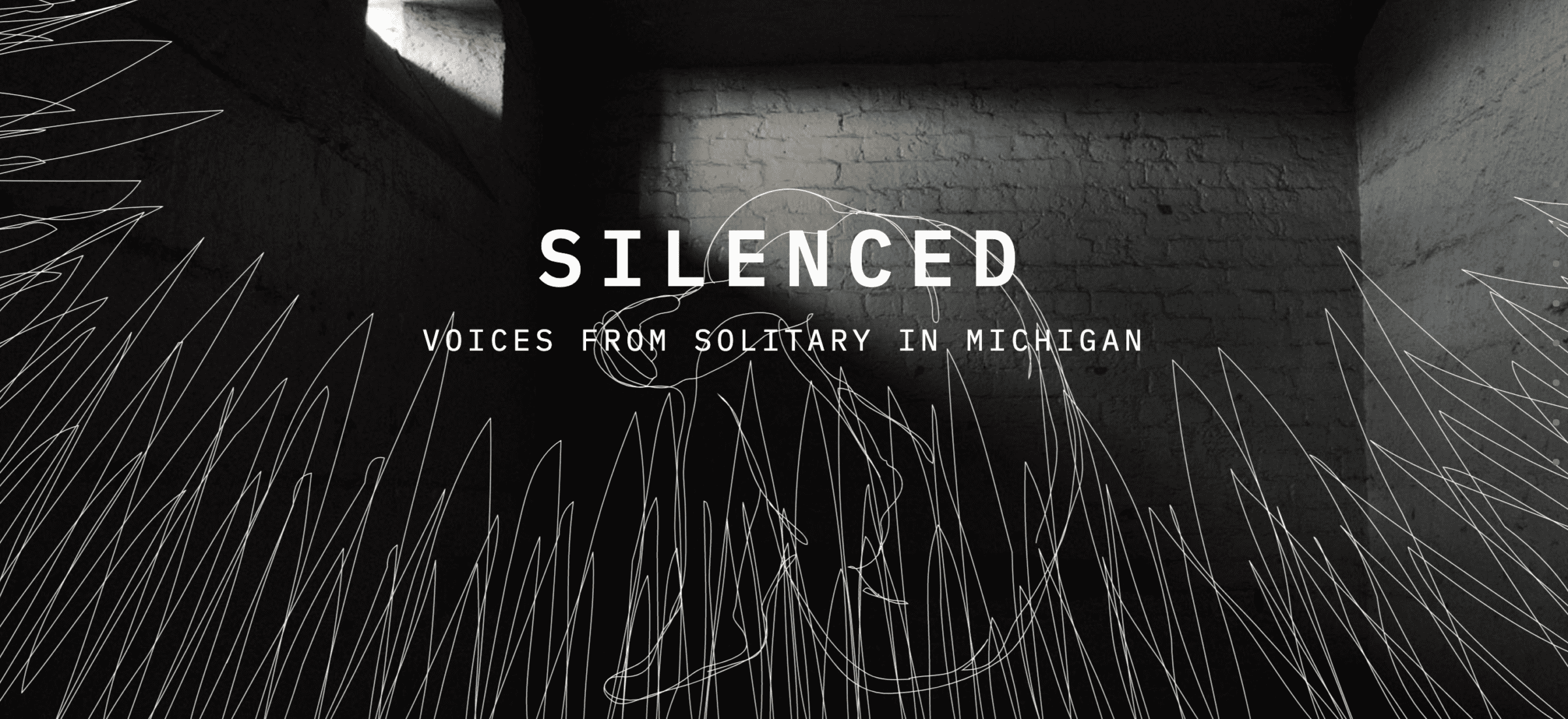
“Silenced: Voices from solitary in Michigan” is an impressive digital archive of 100 letters and pieces of artwork from people in solitary confinement. The result is an immersive project that shares the reality of this inhumane punishment, and the stories of those who endure and fight against it.
We spoke with Scott Hechinger, Founder & Executive Director of Zealous about the process of creating this important archive that won two Gold Anthem Awards, one for Partnership or Collaboration as well as Innovation in Product, Innovation, or Service in our Human and Civil Rights cause.
The Zealous team also took home three Gold Anthem Awards for their project Still in Prisons, and a Silver Anthem Award for Teen Vogue Commentary Series on Violence by Chicago Public Defenders.
What purpose does this project solve in regards to making changes in the prison system?
We wanted to lift up the voices, experiences, and humanity of people isolated in solitary confinement, the most extreme form of separation and punishment in our carceral systems. In notoriously-cruel Michigan prisons, thousands of people are incarcerated daily in this deprivation, which is so easy to shield from the public eye. Our work is not just to support the ongoing campaign to end solitary confinement in Michigan prisons, or the national campaigns to ban the inhumane practice, but to drive the broader narrative of the need for decarceration and divestment from a punishment-based approach to one of public health. If we are able to change people’s basic intuitions about the humanity of the ultimate “bogeymen,” and shake the public free of the myth of the “violent” offender, who is “too dangerous” even in prison, then true transformation becomes more possible.
What do you wish more people knew about the prison system but don’t?
The United States is the most policed, prosecuted, and incarcerated country in the history of the world. If police, prosecutions, and prisons made us healthier or safer, we’d be the healthiest and safest society in the history of the world by a long shot. We’re far from it. The primary characteristics of United States prisons–shame, isolation, economic deprivation, and violence–are the exact same as the primary drivers of violence itself: shame, isolation, economic deprivation, and violence. The “solution” to violence in which we currently invest only makes the problem of violence worse. In addition, it costs a fortune, doesn’t actually hold those who harm accountable, and fails to heal the trauma of those who have been harmed. Violence interruption and restorative justice models are actual, tried and tested community-based solutions that prevent violence in the first place, heal trauma, and drastically reduce the likelihood of more harm in the future. They also come at a fraction of the cost.
Silenced uses a multimedia approach to share stories and art from incarcerated individuals on solitary confinement, and how it impacts them physically and mentally. Can you talk about how you collaborated with folks to do this, and why it was so important to center their voices?
Letters from solitary vary in content and tone. They are as unique as the individuals who craft them. Some are full of agony, despondency, crushing loneliness. There are also academics and activists who write profound critiques of the system which oppresses them. There are studied organizers who are ruthlessly retaliated against. There are cries for help from people desperately in need of services, as well as reports of critical incidents of violence and self-harm. Sometimes there are book reviews. Sometimes there is even hope. There is humanity in their words, a concrete realness in their own handwriting.
But ensuring the agency of those inside over their words, and ensuring this project (and all of our projects that share first-hand accounts) proceeded in an ethical and non-extractive way, was a product of far more than just asking for and receiving letters.
Jacq Williams–then an organizer with American Friends Service Committee’s Michigan Criminal Justice Center and now Regional and Prison Programming Director at Zealous–spent years writing to people in solitary, initiating advocacy measures on their behalf, developing legislative campaigns at their tutelage and direction, and– when they could call– listening, holding their voices, and sometimes just being quiet and placing the phone near the closest tree so they could hear the birds. The consistency of showing up, writing back, answering the phone even in the late hours, spoke far louder than words and led to the development of deep, ongoing relationships of trust.
Through this work, Jacq received hundreds of handwritten letters from people in solitary, as it is often their only form of connection to the outside world. People in solitary can often only make one fifteen minute phone call per month. They cannot use the for-profit prison communication technology, JPay. They are deprived of any and all human contact aside from two officers walking them out to a “dog-run” for an hour each day– when they do get the time. Michigan has no cap on the length of time people are locked in solitary confinement, and some people have lived in these inhumane conditions for decades. The men and women caged inside solitary confinement in Michigan wanted more people to hear their words. Through ongoing, back-and-forth communication by handwritten letters, Jacq ensured that they understood how these letters would be displayed and secured informed consent repeatedly, creating various checkpoints throughout the project and taking direction from those inside.
Based on this experience and many others, Zealous is nearing completion of a toolkit for outside advocates and organizers on how to effectively, non-extractively, and in a trauma-informed way work with people on the inside to partner for systemic change.
Additionally, the project is very detailed in breaking down the psychological impacts one suffers while in solitary confinement, as well as the conditions that are used. Why was it so imperative to make readers visualize the conditions?
Every person receives and processes information differently. Some are visual learners. Others are moved by data and numbers. Still others want to dig deeply into the written word. With Silenced, we wanted to create an experience and environment that ensured that the most people possible paid attention and didn’t turn away, but dug deeper, on their own terms. The visual design, simple movements and animations, and interactive user experience of the site was intended to draw people in and make them want to stay even though the content is extremely difficult and painful to take in. The way we chose to describe the system and conditions–”imagine your dearest loved one in your mind – your child, spouse, parent or grandparent”-was intended to reduce the distance between “their” experiences and “our” reality.
Solitary is a microcosm of the system, a prison inside a prison where we house the people deemed most expendable to our society. In Michigan, Black people are 14% of the free-world population but over 40% of the prison population, and 65-80% of the solitary population. They are six times more likely to be held in long-term solitary confinement. People in solitary in Michigan are often held in remote, rural prisons in the Upper Peninsula where the staff is nearly 100% white. Racially charged abuses, both physical and verbal, are commonly reported.
Not only has Michigan specifically not provided any relief for a bloated prison system that cages people, on average, 40% longer than most other states, they have profoundly increased solitary usage as a means of “quarantine.” Hundreds, possibly thousands of people throughout the state have fought COVID-19 alone, hallucinating, battling the torturous conditions of solitary in a system which boasted the worst death rate and largest systemic failures throughout the last two years.
Silenced has created an amazing Zine publication. Could you tell us a bit about its contents and design?
The Silenced project launched at the height of COVID when those of us in the free world were also more separated from each other and isolated–in very different ways–from touch and feel. Silenced, however, was forged from so many tangible things–handwritten letters, hand drawn or painted original artwork, illustrations. What might it look like–feel like–for people literally to hold all of that and engage with it?
Mahogany L. Browne’s inaugural Poet-in-Residency at Lincoln Center provided the perfect opportunity to answer this question. Artist and Architect and Zealous’s Manager of Experiences and Design, Pallavi Daga, drew from all the content on the online site to create an immersive offline experience. More than a book, a piece of art, which also includes a curriculum with questions and prompts, along with blank pages for writing, first used by up and coming young poets at a workshop at Lincoln Center. The Zine takes you on a journey. There is intention in how the work and information is presented, but it all also feels non-chronological.
Could you provide some information and resources about how individuals can take action to help end solitary confinement as a practice?
Visit and support the campaign against Solitary in Michigan: Open Mi Door.
Visit and support Unlock the Box, the national campaign to abolish solitary confinement. There are several direct actions embedded in this site particularly, including reaching out to legislators. There were 42 bills introduced on solitary confinement in the past year, most lack the public pressure to be considered a priority.
How has being an Anthem Winner influenced your unique mission
Our work at Zealous is all about toppling the imbalance of power, voice, and control over criminal policy and media. We are driven by the understanding that unless we shift the public’s basic intuitions about crime and punishment and what it will take to achieve public health and safety, we will continue to allow our leaders to invest in failed, oppressive, costly, and racist policies that undermine all of our best interests. We do this by supporting local coalitions of public defenders, organizers, advocates, artists, and people inside and out of jails and prisons to work better together and tell more compelling stories. The Anthem Awards not only allowed Silenced, but our other gold-medal winning project Still in Prison, to reach more people, but also underscored the impact of our approach. We are more encouraged than ever by the power of collaboration, design, and storytelling.


